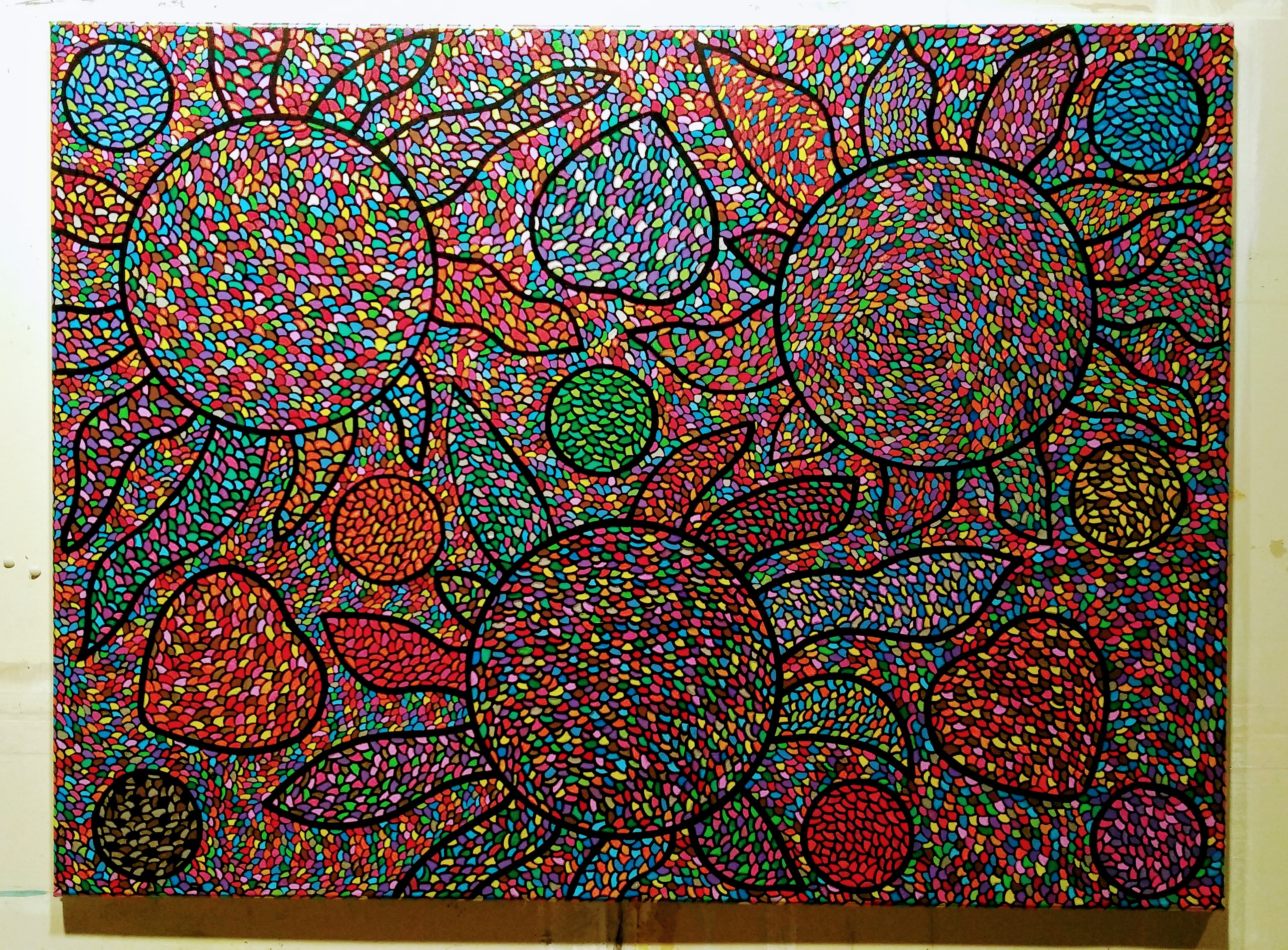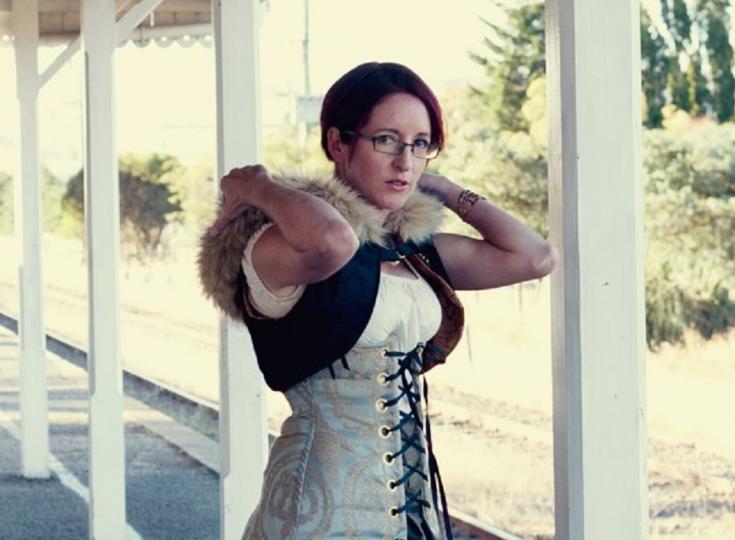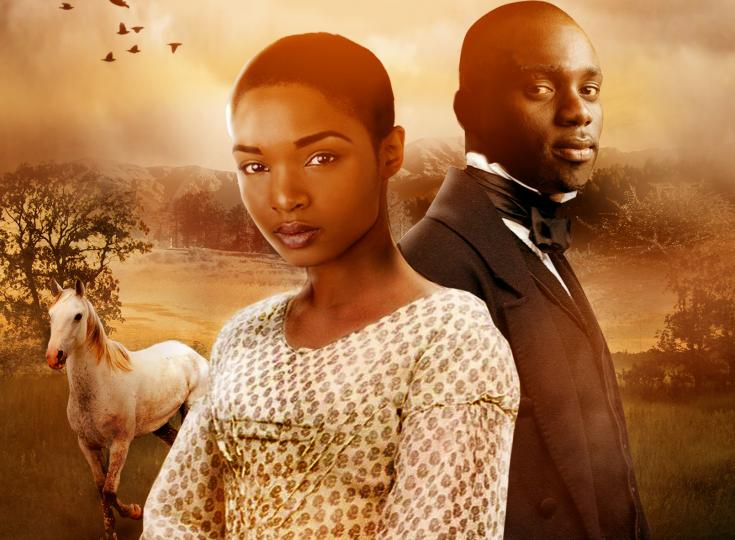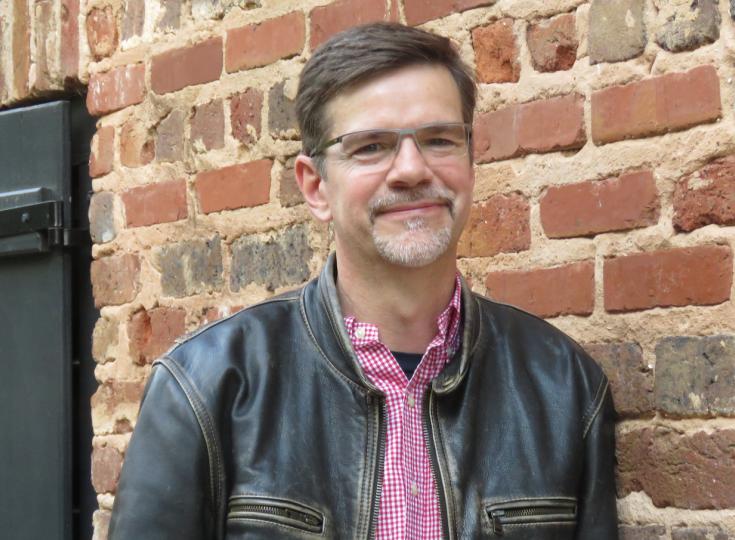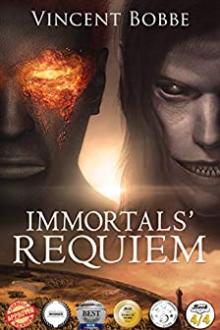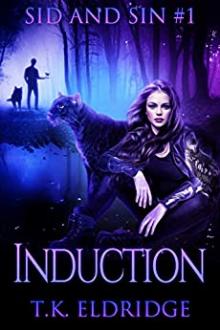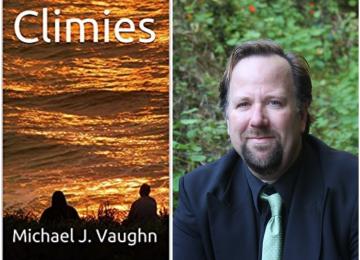Still, many of today's reader reviews can be childish and lame, as if the author has failed if they didn't anticipate the exact thing the reader wanted to read. One particular assassin gave me one star out of five and reported, "I didn't read it." For some reason, a lot of this came from the Goodreads site, so I have made a habit of avoiding it. Recently, I went back there for a different reason and stumbled upon a lovely, insightful review for my best-seller, The Popcorn Girl. I then discovered that the reviewer had decided to read several of my books and had given each the same kind of beautifully observed, well-written critiques.
I have been fortunate to enjoy a handful of reviewers, some of them writers themselves, who have followed my career in this fashion, leaving beautifully crafted critiques in their wake. And so, I thought it was time that I expressed my gratitude. That recently discovered reviewer is a Virginia resident named Tess Ailshire, and these are her reviews You can find my books on my Amazon author page.
The Popcorn Girl (five stars)
A joy of a story, but a story that is not joyous. The characters are flawed, complex, multi-faceted, and unexpected. One feels there is so much more to these people and their lives, which makes them very real.
I'm not generally a fan of books where one has to know which character is narrating a chapter, but this works.
It made me want to read other Vaughn books.
Gabriella's Voice (four stars)
I've become a fan of Vaughn since I read Popcorn Girl without knowing the first thing of his writing style, his peccadilloes, or his themes. Vaughn has a knack for description that reflects a love of words and an awareness of the universe -- perfect similes that leave cliches choking on dust and gasping. He then goes on to wrap a silken scarf around most of the most hideous of human traits, revealing it only slowly, making the reader realize life is not all apple pie and ice cream, but not thwocking him over the head with truth either.
That said, Gabriella's Voice was not my favorite.
In this story, I felt I was being hit over the head with the similes. It seemed descriptions were overdone. Do I really need half a page to describe a foggy ferry crossing? What I normally like about Vaughn seemed too much in this novel.
Perhaps I understand enough Italian that I don't need *every* lyric to hold a parenthetic translation; it seemed to interrupt the flow of the paragraph, as if the narrator were stuttering. The sense of the paragraphs could easily have remained using only the English or only the Italian.
The Monkey Tribe (five stars)
This is the fourth Michael J. Vaughn book I've read in the last four to six months (The Popcorn Girl; a Painting Called Sylvia; Gabriella's Voice). Vaughn again shows his mastery of mindfulness - of describing both scenery and emotion vividly and without cliche. He again tackles the character who is different, and slowly reveals to the reader that character's passions and failings.
This novel, like Gabriella's Voice, shows a deep understanding of music as a natural part of the human experience, and explores the theme of giving as a way of receiving. Like A Painting Called Sylvia, it explores chaos in human experience, but in a controlled manner. Like The Popcorn Girl, it shows a character who is so much more than a surface.
Vaughn can keep writing. I'll keep reading as long as he does.
A Painting Called Sylvia (five stars)
I think I'm about to become a huge fan of Michael J. Vaughn. I read "The Popcorn Girl" because "the owner of an atheist bookstore" in the description intrigued me, and found I truly loved the work.
So I picked up this volume when it was available for free on Amazon. This one was even better, I think. I was more able to relate to these people - a couple with a teenage daughter, an artist, a few others - than in "The Popcorn Girl".
Both works I've read seem to me to be paintings of emotions, rather than words on a page. Not too much on the logic or concrete details, but a complex image of the character's thoughts and feelings. I found myself marveling at how complete a seemingly minor observation seemed to render the character.
The Girl in the Flaming Dress (five stars)
Like so many of the Vaughn novels I've read, the style is lighthearted and action-filled, with descriptions so far from cliche that I often stop, consider, and even read them aloud. That is a mark, I believe, of a good writer.
I like the fact that it's often a complete surprise to find out where his novels end up. The characters reveal themselves more and more as the novel goes on, and the endings may or may not be what you expect. I was amused to see the popcorn girl included.
This one hasn't the depth of Gabriella's Voice, nor the complexity of The Popcorn Girl, but is no less an enjoyable read.
Mascot (five stars)
I'm a big fan of Vaughn's writing style. The present-tense prose evokes an importance that might not work in past tense, and Vaughn has a knack for describing scenery and ambiance in a decidedly original and evocative manner. Vaughn's characters are decidedly human and absolutely unique. I find difficulty in predicting the ending of a story, much less the plot line that gets us to that ending.
Mascot does it again. Complex characters whose timelines show them different from what we originally see, with enough left unsaid that the reader has no choice but to be involved and to look beyond the words on the page.
Mascot is another that does not end at all as I expected, nor as I would have wished it to. That makes it no less a picture of life.


